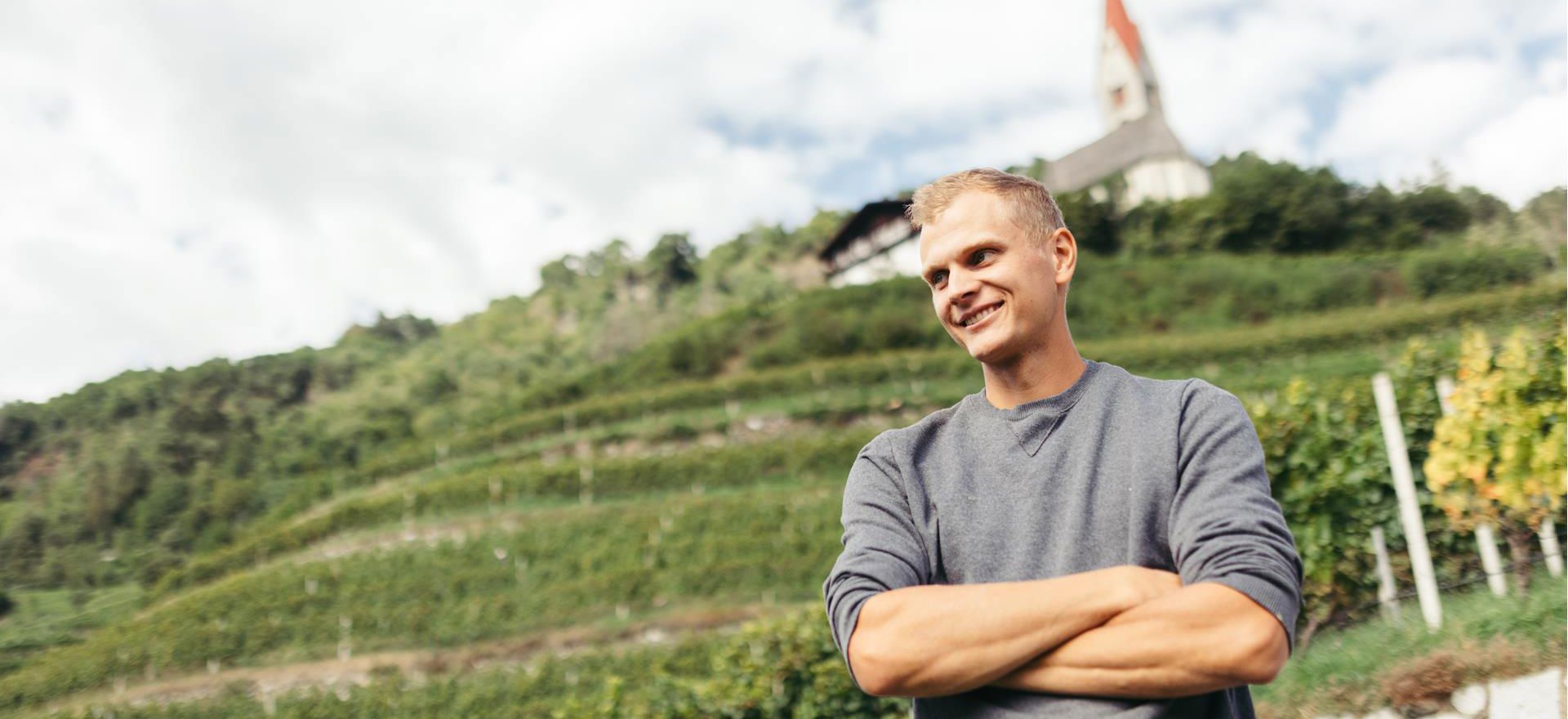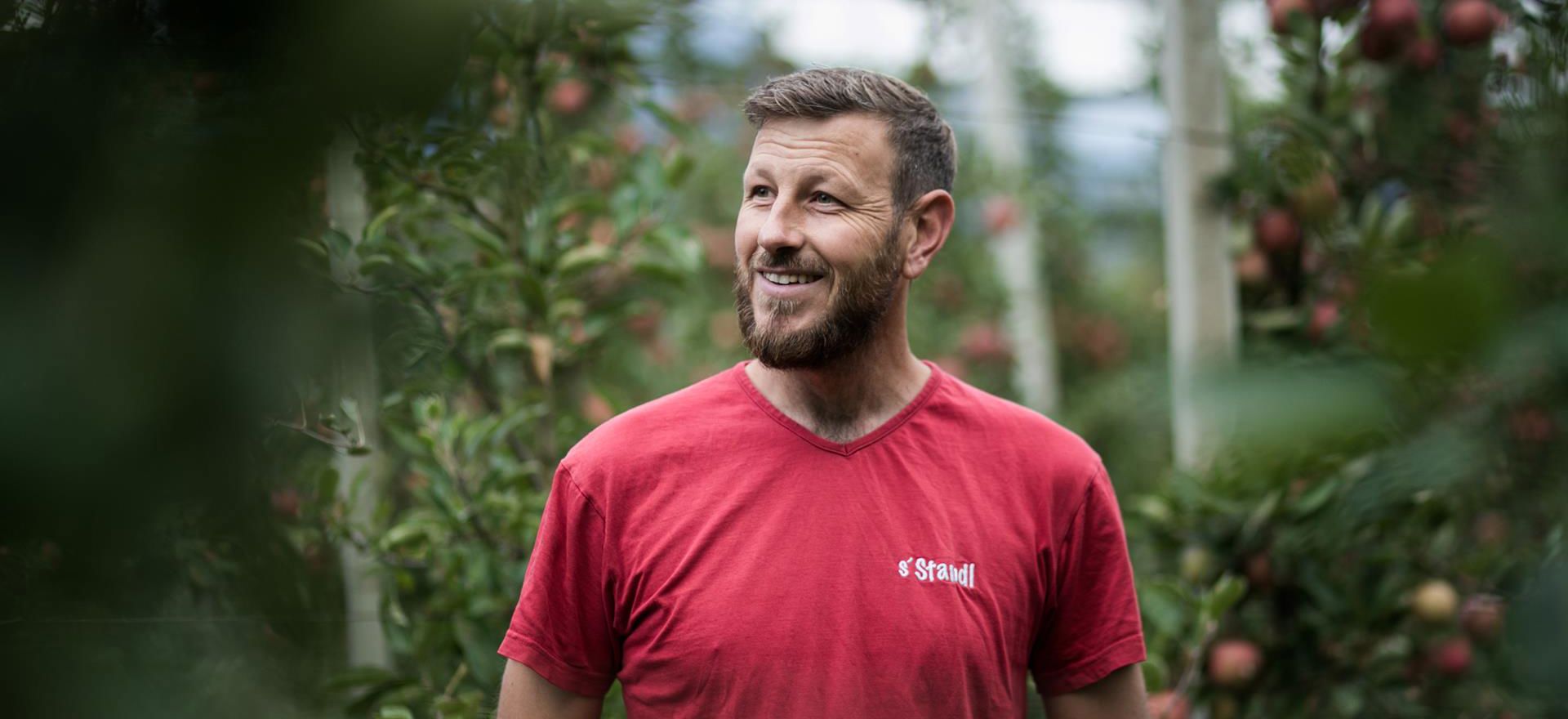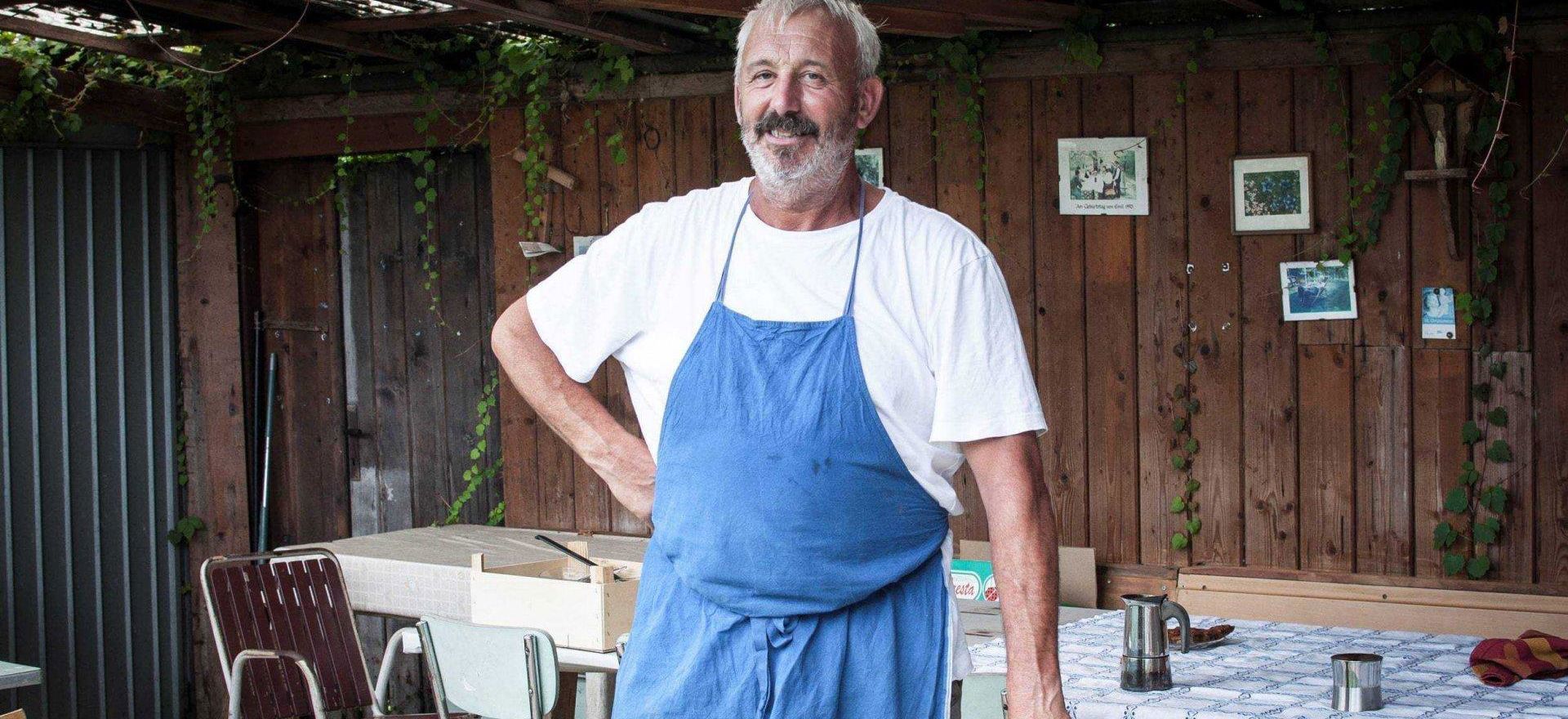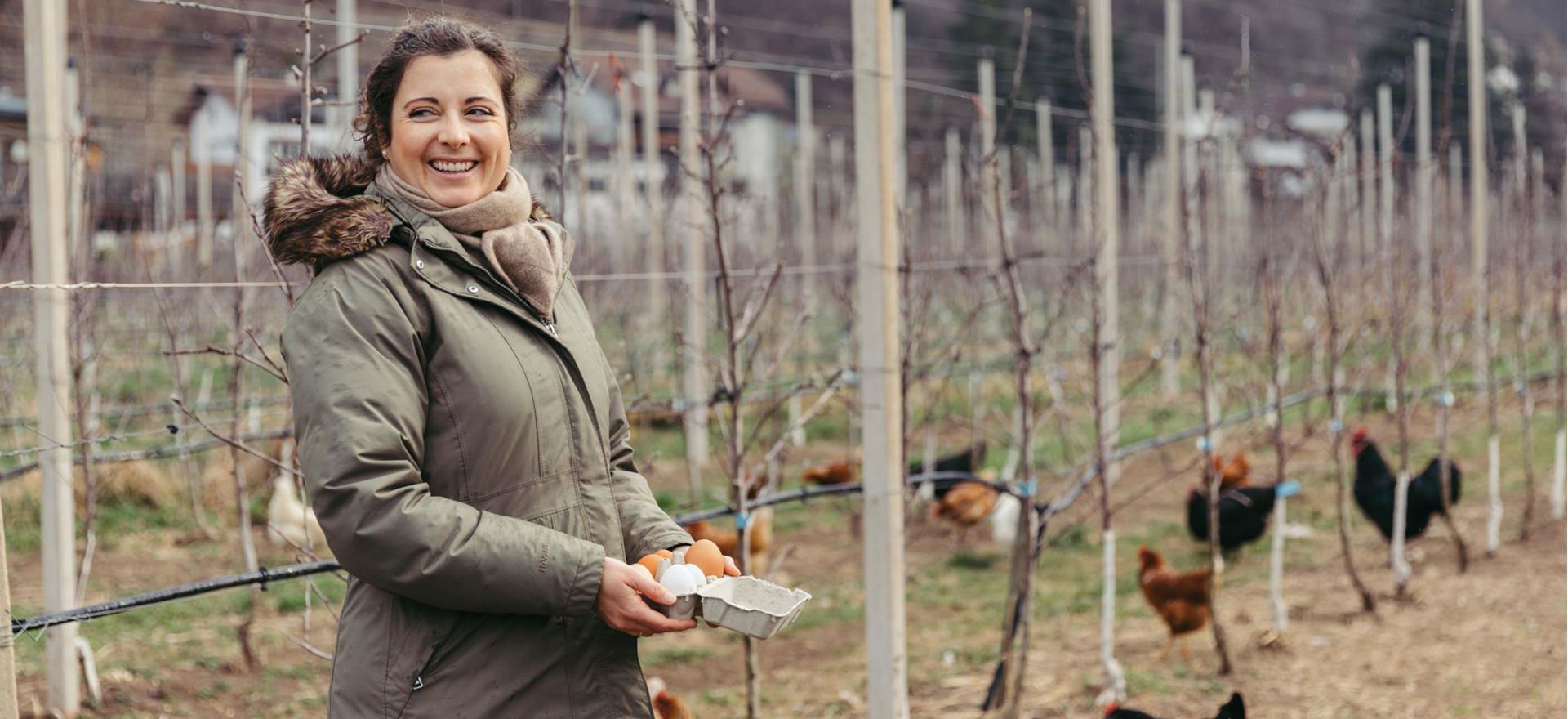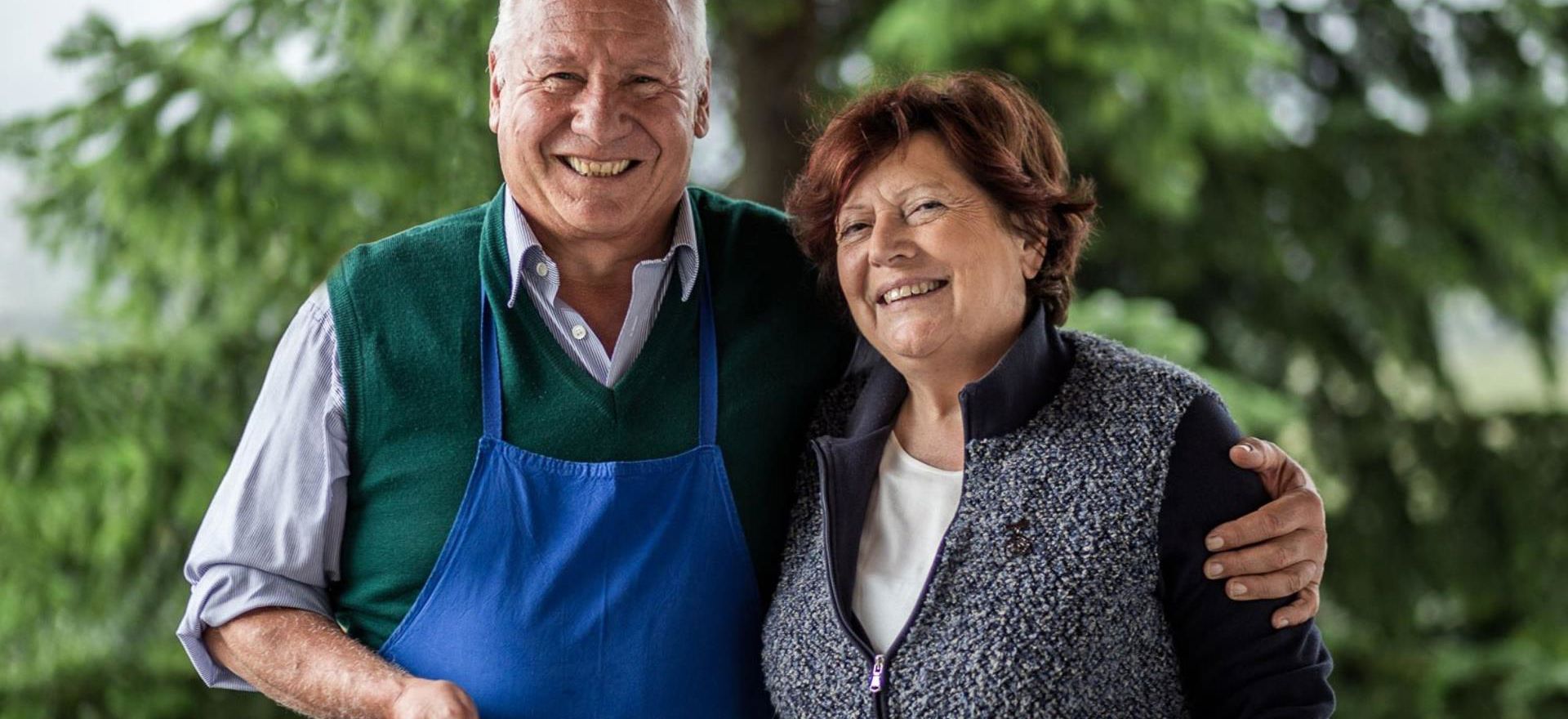The core of the project is the establishment of a winery. Within a few years, the initial seven suppliers become more than 100 winegrowers. For years, Theolinde and Franz and their daughter Magdalena travel to Cape Verde in June and July for the grape harvest and "cellaring". In 2007, it becomes a whole year again; Theolinde takes a sabbatical as a secondary school teacher and Magdalena attends school there. After a few years, the winery, which is co-financed by the EU, is listed among their best practice projects.
In 2010, Franz starts a student exchange with Cape Verde. Pupils from the agricultural high school in Auer spend two weeks on practical training in the Cape Verde Islands, refining cheese, working in the coffee plantation or producing jams, accompanied by the scholars from the local lyceum. The following year, they come to South Tyrol for three weeks and work on organic farms. This activity continues for several years and Franz has remained a point of reference for motivated young people from Fogo Island. Currently, Miguel from the wine village of Chã das Caldeiras lives on the Egger family farm and is doing a Master's Degree in oenology.
Franz has succeeded in creating an "organic island" on his own farm by combining areas and ecological measures: his orchards border on one side to a biotope, on two sides to a wide water ditch a mighty hedge closes off the meadow to their closest neighbour.
In their apple orchards, the Eggers plant the resistant varieties
Topaz and
GoldRush® to reduce plant protection.
A good product comes from good ingredients, the Eggers' philosophy is that simple. That is why they process part of the harvested apples directly on the farm to make the cider "Floribunda". The cider is a real family affair, Magdalena, Theolinde and Franz all pitch in.
Women in agriculture? There always have been, and for Magdalena it is clear that more and more women will also take up decision-making positions in agriculture. Then it will also be easier to get work shoes and clothing as well as work materials such as pruning shears in "women's sizes". However, these difficulties have not stopped Magdalena from entering agriculture.
She grew up in South Tyrol and Cape Verde in the middle of apple orchards and vineyards. As a teenager, she worked on organic farms at home and abroad and studied agriculture in Bolzano while helping out on her parents' farm. She is interested in the intersection between the raw material and the processing, does a Master's Degree in beverage technology in Giessen and Geissenheim and writes her Master's thesis on the influence of different yeast strains on cider. With this background, it's clear that Magdalena not only looks after the Instagram profile at
Floribunda, but also gets involved in product development.
Together with her mother and father, she continues to develop the family's organic orchard. Resistent apple varieties ripen in the meadows. Bottle-fermented, naturally cloudy and unsulphured, the three bring as much apple as possible into the cider. Because as a farming family, one thing is close to their hearts: harvesting tasty fruit, processing some of it themselves and running the farm in a wholly determined, self-sufficient way.








